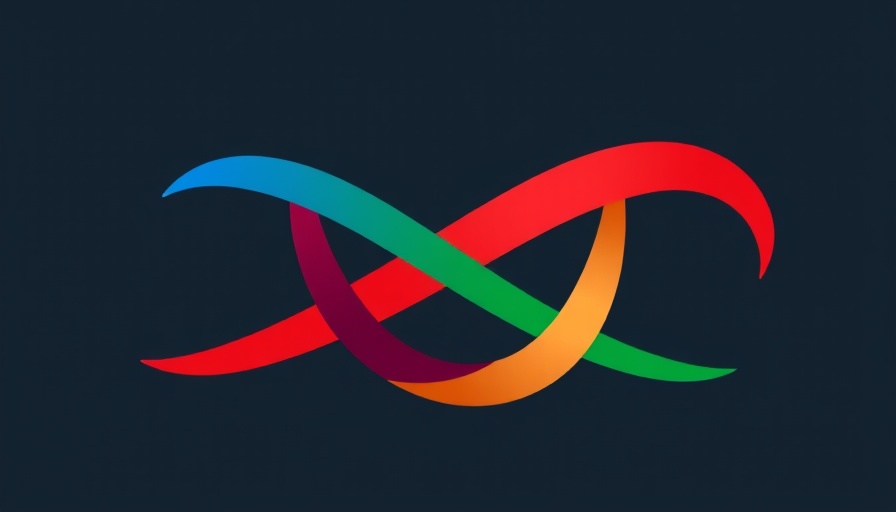
Why Peace Talks Matter: The Context
The recent talks in Qatar between Rwanda's President Paul Kagame and the Democratic Republic of Congo's President Félix Tshisekedi come at a critical juncture for regional stability. This negotiation, mediated by Qatari officials, aims to tackle the enduring crisis in eastern DRC, specifically the resurgence of conflict involving the M23 rebels. The backdrop involves decades of tension rooted in the aftermath of Rwanda's 1994 genocide and ongoing disputes over mineral resources, demonstrating how historical grievances often compound current geopolitical struggles.
Call for Immediate Ceasefire: A Complicated Process
Both Kagame and Tshisekedi emphasized the urgency of a ceasefire during their discussions, as echoed in a joint statement released following their meeting. Despite this declaration, skepticism persists regarding the practical enforcement of such an agreement, especially given the M23's enhanced control over strategic urban centers like Goma and Bukavu. The advanced military capabilities of these rebels, which have escalated since January 2025, pose significant challenges to diplomatic efforts aimed at fostering peace, and regional leaders must navigate these complexities deftly.
Geopolitical Implications: What’s at Stake?
As the DRC grapples with instability, the implications extend beyond its borders, affecting trade routes and alliances throughout Africa and the broader global economy. Countries in the region, including members of the Southern African Development Community (SADC), have stakes in the outcomes of these negotiations. Ensuring that solutions address not only the symptoms of the conflict but also its root causes is crucial for long-term stability, challenging policymakers to integrate diplomatic approaches that respect local governance and community engagement.
The Role of External Mediators: Qatar's Strategic Involvement
Qatar’s engagement as a mediator reflects its broader ambitions within international diplomacy in Africa. Its role in these talks showcases the growing influence of Middle Eastern nations in African conflicts, aiming to position themselves as key arbitrators in crises. This involvement emphasizes the interconnectedness of global politics, where emerging economic powers influence traditional spheres of influence through strategic partnerships.
Future of Africa's Geopolitical Landscape: Predictions and Stakes
As talks progress, the international community must remain vigilant. The prospect of a peaceful resolution could reshape the dynamics of not just eastern DRC, but the African continent’s approach to conflict resolution. If successful, it could also establish a blueprint for other regions plagued by similar conflicts. Conversely, failure to achieve meaningful dialogue may exacerbate tensions, prompting further international involvement and potentially escalating violence.
The next few weeks will be crucial as all parties reflect on the commitments made during the Doha talks. For policymakers, ensuring that discussions translate into concrete actions will be essential in navigating the turbulent waters of African geopolitics.
 Add Row
Add Row  Add
Add 


 Add Row
Add Row  Add
Add 

Write A Comment